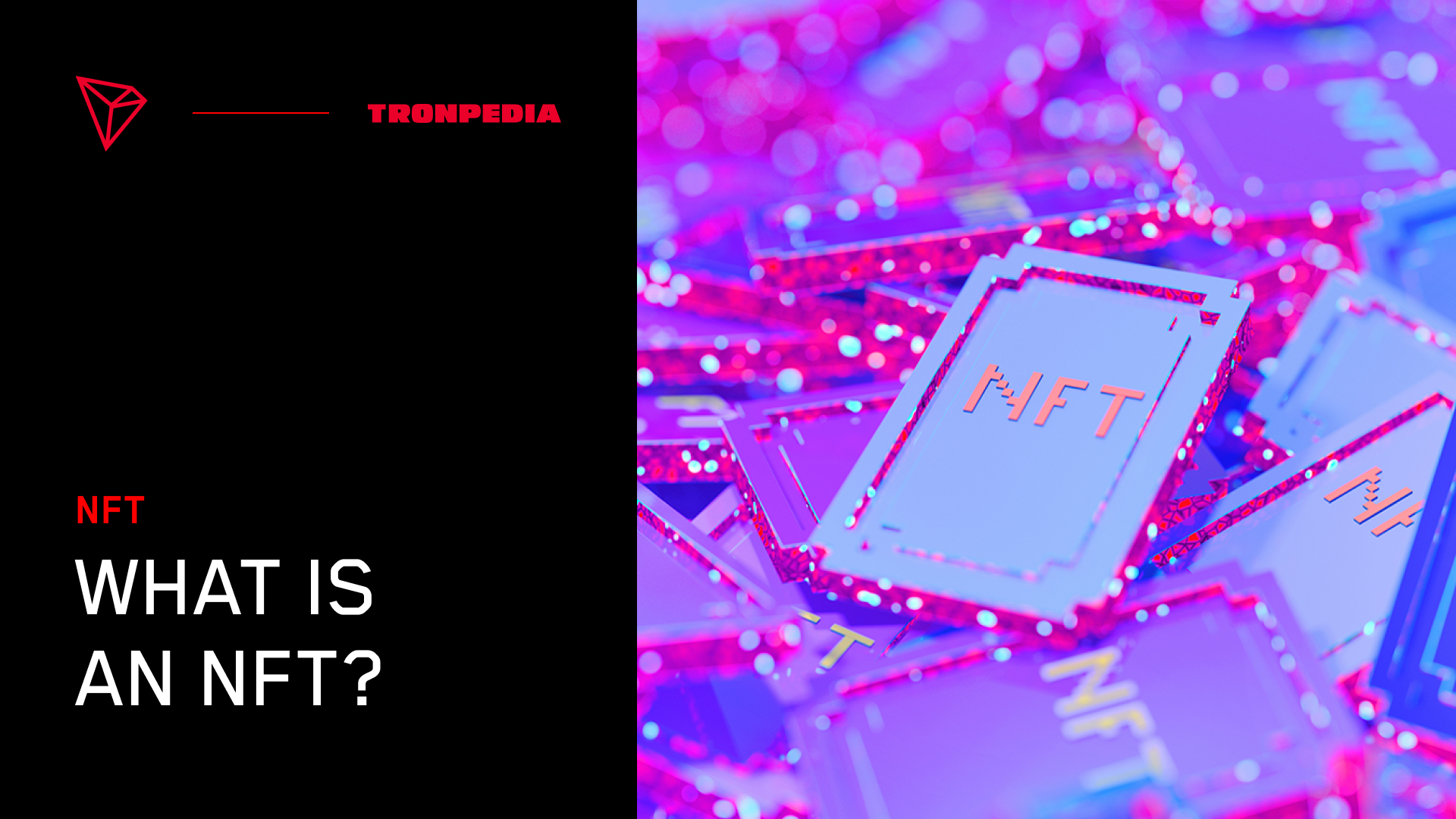Play-to-earn games are a new category of games that allow players to earn real rewards by playing the game. These rewards can be in the form of cryptocurrency, in-game items, or even cash prizes.
How Do Play-To-Earn Games Work?
Basically, play-to-earn games use blockchain technology to track and verify player progress and activity. This allows players to receive rewards based on their performance in the game.
This is a big departure from traditional "freemium" games, which typically use microtransactions to monetize players. With play-to-earn games, there is no need to spend any money to play or earn rewards.
This model has a number of benefits for both players and game developers.
For players, play-to-earn games provide a way to earn real rewards without spending any money. This opens up the possibility of earning a living from playing video games, which is a dream for many gamers.
For game developers, play-to-earn games offer a new way to monetize their games. With traditional freemium games, only a small percentage of players actually spend money on in-game purchases. With play-to-earn games, developers can generate revenue from a larger portion of their player base.
The benefits of play-to-earn games are already starting to attract attention from both players and developers. In the coming years, we expect to see more and more games adopt this model.
How Do Play-to-Earn Games Make Money?
A common and valid question about P2E games is, how do they make money? Well, there are a few different ways that play-to-earn games make money. The first is through advertising revenue. In most play-to-earn games, there are advertisements somewhere within the game itself. These can be static ads that appear between levels, or they can be more interactive, such as video ads that must be watched before being able to continue playing. Either way, the game developers receive a cut of this advertising revenue. The second way that play-to-earn games make money is through microtransactions. In some cases, players may be able to use real money to purchase in-game items that give them an advantage over other players. This can include things like new weapons, armor, or powerups. The game developers receive a cut of each microtransaction made within the game. Finally, some play-to-earn games will offer players the ability to directly purchase the game's virtual currency with real money. This is generally done at a rate of exchange that is favorable to the game developers, giving them a direct profit from each sale. In summary, play-to-earn games make money through advertising revenue, microtransactions, and direct sales of virtual currency. This allows them to provide a free gaming experience while still generating a profit.
What are Some of the Top P2E Games?
1. Axie Infinity: Axie Infinity is a digital collectibles game that allows players to earn cryptocurrency by playing the game. Players can also earn rewards by breeding and raising their Axie pets.
2. Splinterlands: Splinterlands is a collectible card game that allows players to earn cryptocurrency by playing the game. Players can also earn rewards by completing quests and participating in tournaments.
3. Gods Unchained: Gods Unchained is a collectible card game that allows players to earn cryptocurrency by playing the game. Players can also earn rewards by participating in tournaments and challenges.
4. Upland: Upland is a virtual property trading game that allows players to earn cryptocurrency by playing the game. Players can also earn rewards by completing quests and tasks.
5. CryptoKitties: CryptoKitties is a digital collectibles game that allows players to earn cryptocurrency by playing the game. Players can also earn rewards by breeding and raising their CryptoKitties.
What are the Tax Implications of Play-to-Earn Games?
As you may know, the IRS considers earnings from play-to-earn games to be taxable income. This means that if you're playing a game and earning money from it, you'll need to report your earnings on your taxes.
There are a few different ways that play-to-earn games can work, and each one has different tax implications. Here's a quick rundown of how each type of play-to-earn game works, and what you need to know about the taxes:
1. Games that sell in-game items for real money
If you're playing a game that allows you to sell in-game items for real money, then any money you earn from selling those items is considered taxable income.
For example, let's say you're playing a game that allows you to sell in-game weapons for real money. If you sell a weapon for $100, then you'll need to report that $100 as taxable income on your taxes.
2. Games that give rewards for completing in-game tasks
If you're playing a game that gives you rewards for completing in-game tasks, then those rewards are considered taxable income.
For example, let's say you're playing a game that gives you $1 for every task you complete. If you complete 100 tasks, then you'll need to report the $100 as taxable income on your taxes.
3. Games that have in-game economies
If you're playing a game that has an in-game economy, then any money you earn from selling goods or services in that economy is considered taxable income.
For example, let's say you're playing a game that has an in-game store where you can sell items to other players. If you sell an item for $100, then you'll need to report the $100 as taxable income on your taxes.
4. Games that have real-money betting
If you're playing a game that allows you to bet real money on in-game events, then any money you win from those bets is considered taxable income.
For example, let's say you're playing a game that has a real-money betting system for in-game matches. If you bet $100 on a match and win, then you'll need to report the $100 as taxable income on your taxes.
5. Games that have advertising revenue sharing
If you're playing a game that has advertising revenue sharing, then any money you earn from the ads is considered taxable income.
For example, let's say you're playing a game that shows ads to players and gives you a portion of the ad revenue. If you earn $100 from the ads, then you'll need to report the $100 as taxable income on your taxes.
As you can see, there are a variety of ways that play-to-earn games can work, and each one has different tax implications. It's important to be aware of the taxes you'll need to pay on your earnings from play-to-earn games, so that you can properly report them on your taxes.
If you have any questions about the taxes on play-to-earn games, or if you need help filing your taxes, we recommend talking to a tax professional. They can help you figure out the best way to file your taxes, and they can answer any questions you have about the tax implications of play-to-earn games.




